A new review explores whether watermelon’s naturally concentrated L-citrulline, especially from the rind, could offer a food-based route to support blood pressure and vascular function, challenging the need for synthetic arginine supplements.
Cardioprotective Health Effects—A Narrative Review. Image Credit: AtlasStudio / Shutterstock
In a recent narrative review published in the journal Nutrients, researchers in Brazil collated and synthesized the literature on L-citrulline and cardiovascular health. Specifically, the review investigated whether watermelons, a major natural source of L-citrulline, particularly concentrated in the rind, could effectively support or complement commercial L-arginine supplementation (with L-citrulline acting as a precursor converted into L-arginine in the kidneys).
Review findings suggest that watermelons can efficiently boost physiological L-citrulline (and in turn, L-arginine) levels, thereby enhancing the production of NO, a vital molecule that relaxes blood vessels. This process holds promise for improving blood pressure and vascular function, offering a potential natural, safe, and nutritional strategy for managing cardiovascular risk, particularly in individuals with compromised endothelial function and where sufficient intake levels (typically >2, 3 g/day of L-citrulline) can be achieved.
Background
Endothelial dysfunction is a severe condition characterized by chronic damage to the endothelium (inner lining of blood vessels). Decades of evidence have linked the condition to impaired blood flow, a lack of nitric oxide (NO), and exacerbated oxidized stress, hallmarks of cardiovascular disease (CVD).
Mechanistic investigations have revealed NO as a key player in blood tone regulation, clotting prevention, and inflammation mitigation. NO is synthesized from the amino acid L-arginine by a class of enzymes called nitric oxide synthases (NOS), leading to the logical conclusion that external L-arginine supplementation should boost NO production.
This logic has resulted in an unprecedented surge in over-the-counter L-arginine supplementation, most of which remains unsubstantiated by scientific evidence and rigorous clinical testing. Unfortunately, a growing body of evidence suggests that when taken orally, much of the L-arginine is broken down in the gut and liver before it can reach the bloodstream, a phenomenon known as the “first-pass effect.”
Consequently, identifying safe, natural, and effective alternatives is essential to reduce the substantial burden that L-arginine deficiencies contribute to CVD.
About the study
The present narrative review addresses this pressing need by critically examining the existing body of research on watermelon’s heart-healthy potential. Watermelons are recognized as the richest natural source of L-citrulline, the amino acid precursor to L-arginine. The narrative review synthesizes a broad body of literature (124 cited references, though only a limited number of clinical trials) exploring the biochemical, nutritional, and clinical properties that may allow watermelons to serve as a food-based approach rather than replace existing pill-based NO-boosting interventions.
The review focuses on three key aspects:
- The detailed nutritional profile of watermelon (Citrullus lanatus), including its pulp, rind (which contains higher concentrations of L-citrulline), and seeds.
- The in vivo metabolic pathways by which L-citrulline is converted into L-arginine and subsequently NO.
- The results from human clinical trials testing the effects of watermelon supplementation on cardiovascular health markers like blood pressure and arterial stiffness.
Study findings
The review highlights a crucial metabolic advantage that naturally ingested watermelons have over conventional pill-based approaches, when ingested, L-citrulline is absorbed in the small intestine, thereby bypassing breakdown in the liver (the most significant demerit of synthetic L-arginine supplements). L-citrulline then travels through the bloodstream to the kidneys, where it is efficiently converted into L-arginine. This pathway makes L-citrulline a highly bioavailable and effective precursor for boosting the body’s L-arginine pool and, subsequently, NO synthesis. Together, these findings suggest that including watermelons in dietary plans may serve as a promising dietary strategy, particularly in pre-hypertensive or metabolically at-risk populations, rather than a physiological superior alternative to L-arginine supplementation.
The review also notes that watermelon contains additional bioactive compounds, including lycopene and polyphenols, which may provide complementary vascular benefits through antioxidant and anti-inflammatory pathways.
Unfortunately, clinical evidence on watermelon’s real-world benefits on cardiovascular function remains limited. Notably, studies involving pre-hypertensive or obese individuals have shown promising results. For instance, six weeks of supplementation with concentrated watermelon powder (providing ~4 grams of L-citrulline and ~2 g L-arginine) were found to significantly reduce blood pressure and arterial stiffness. In contrast, studies on healthy individuals, or those using lower doses of watermelon juice, often reported no significant improvements in vascular function, suggesting that the fruit’s benefits may be most pronounced in populations with existing vascular dysfunction, where the NO system is already compromised and where intake is sufficient to reach clinically meaningful citrulline levels.
Conclusions
The present narrative review suggests that watermelon, primarily through its remarkably high L-citrulline content, presents a promising, food-based strategy for improving cardiovascular health. By providing a more effective route to increasing L-arginine and NO production, the popular, cheap, and accessible fruit may have the potential to help manage high blood pressure and enhance vascular function.
However, these findings remain inconclusive, attributed to short trial durations, heterogeneous dosing, and variability in formulations. A frequently identified limitation of current scientific knowledge is the short-term nature of most clinical trials.
Future research should focus on long-term, dose-response studies, especially in high-risk groups like the elderly or patients with metabolic syndrome. Exploring the use of watermelon byproducts, like rind powder, could also offer a sustainable way to deliver a concentrated dose of L-citrulline, potentially achieving therapeutic doses more efficiently than fresh fruit alone, turning a common fruit into a functional tool for heart health.
Journal reference:
- Baião, D. dos S., da Silva, D. V. T., & Paschoalin, V. M. F. (2025). Watermelon Nutritional Composition with a Focus on L-Citrulline and Its Cardioprotective Health Effects, A Narrative Review. Nutrients, 17(20), 3221. DOI, 10.3390/nu17203221. https://www.mdpi.com/2072-6643/17/20/3221

.jpeg)
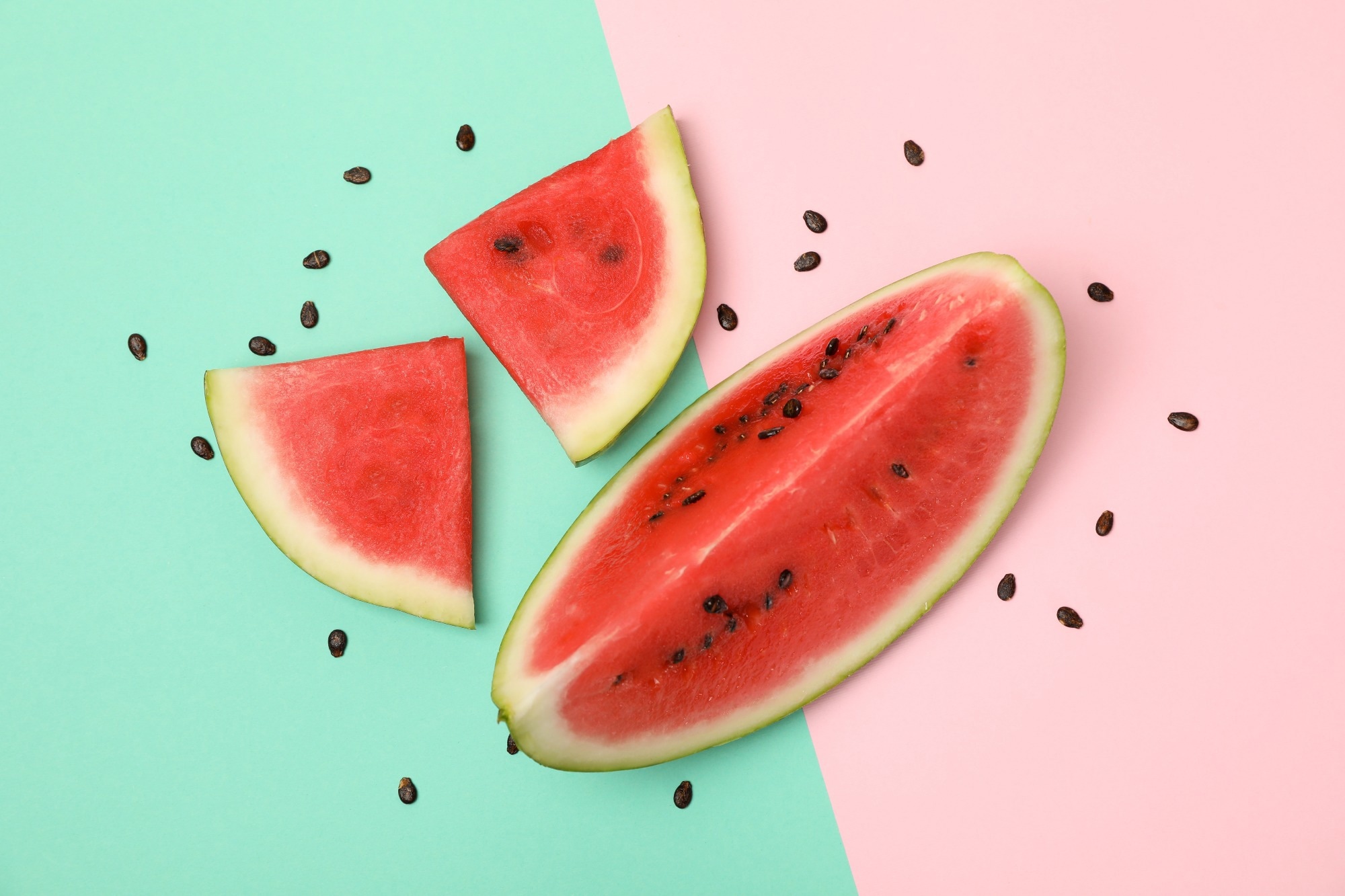


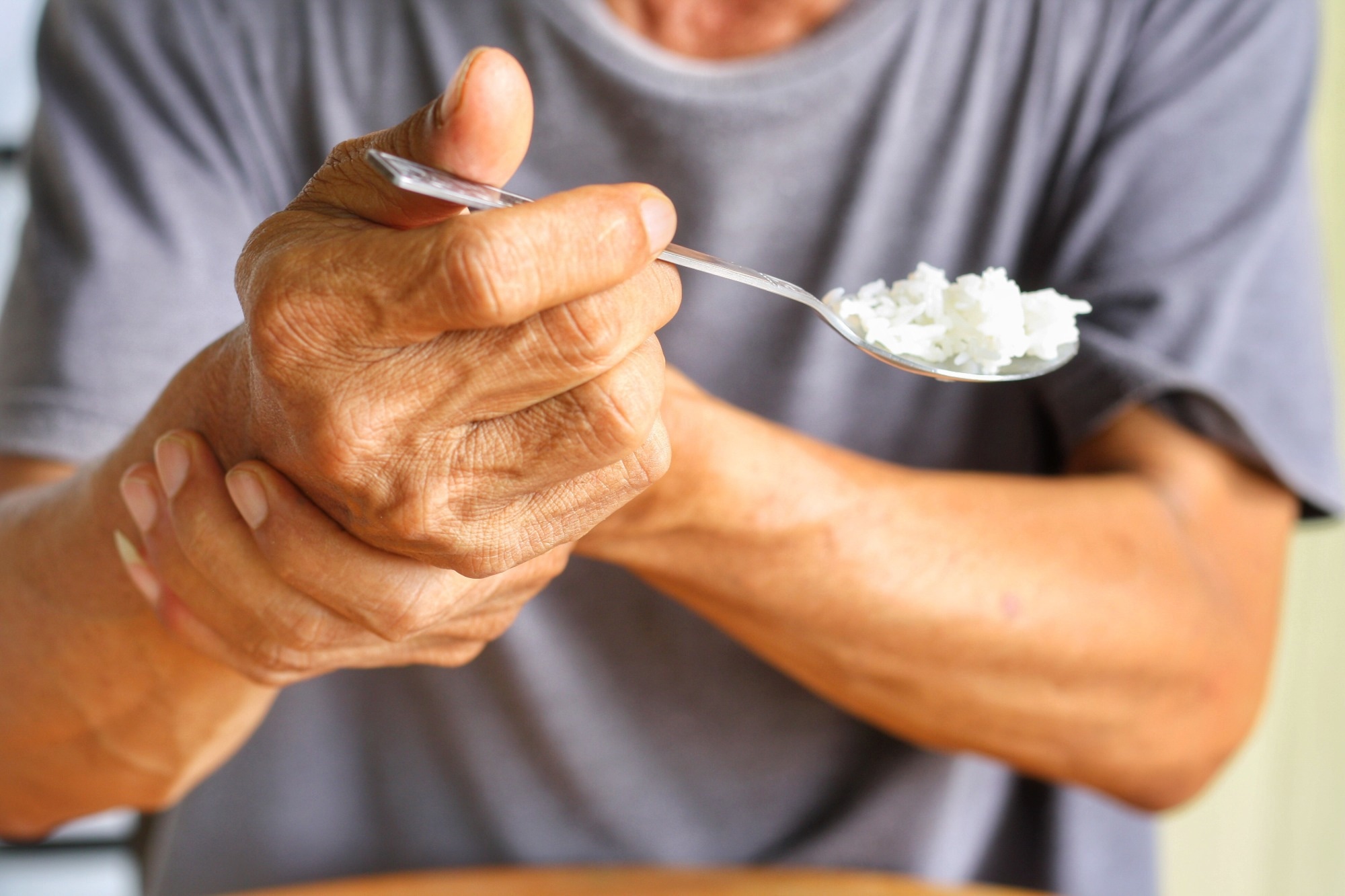








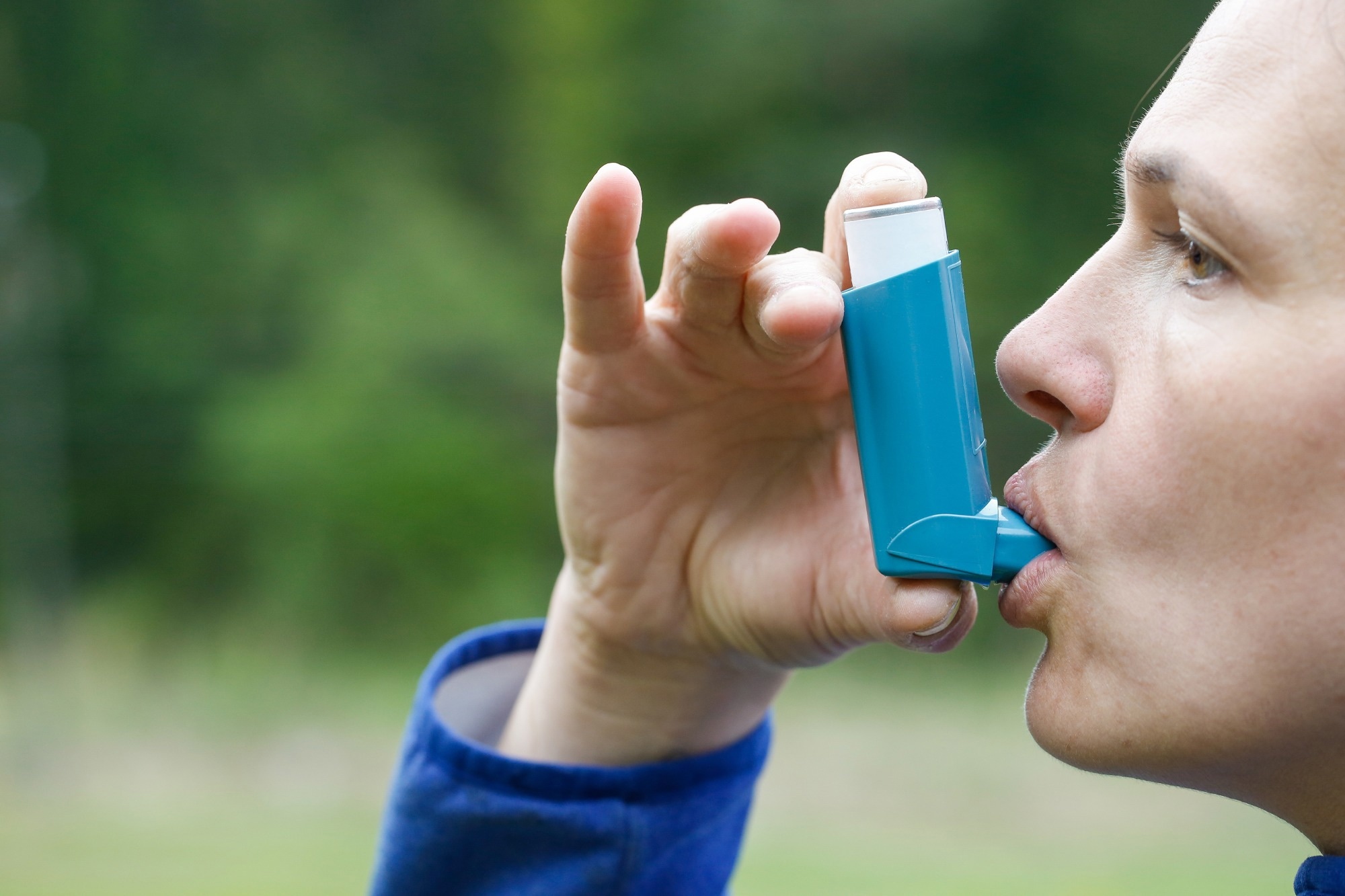

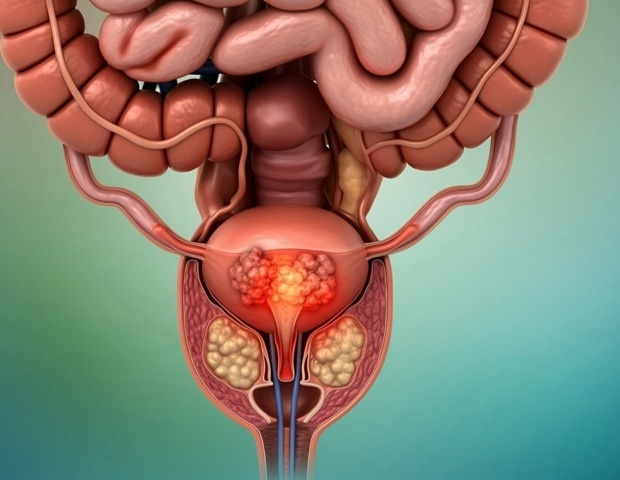

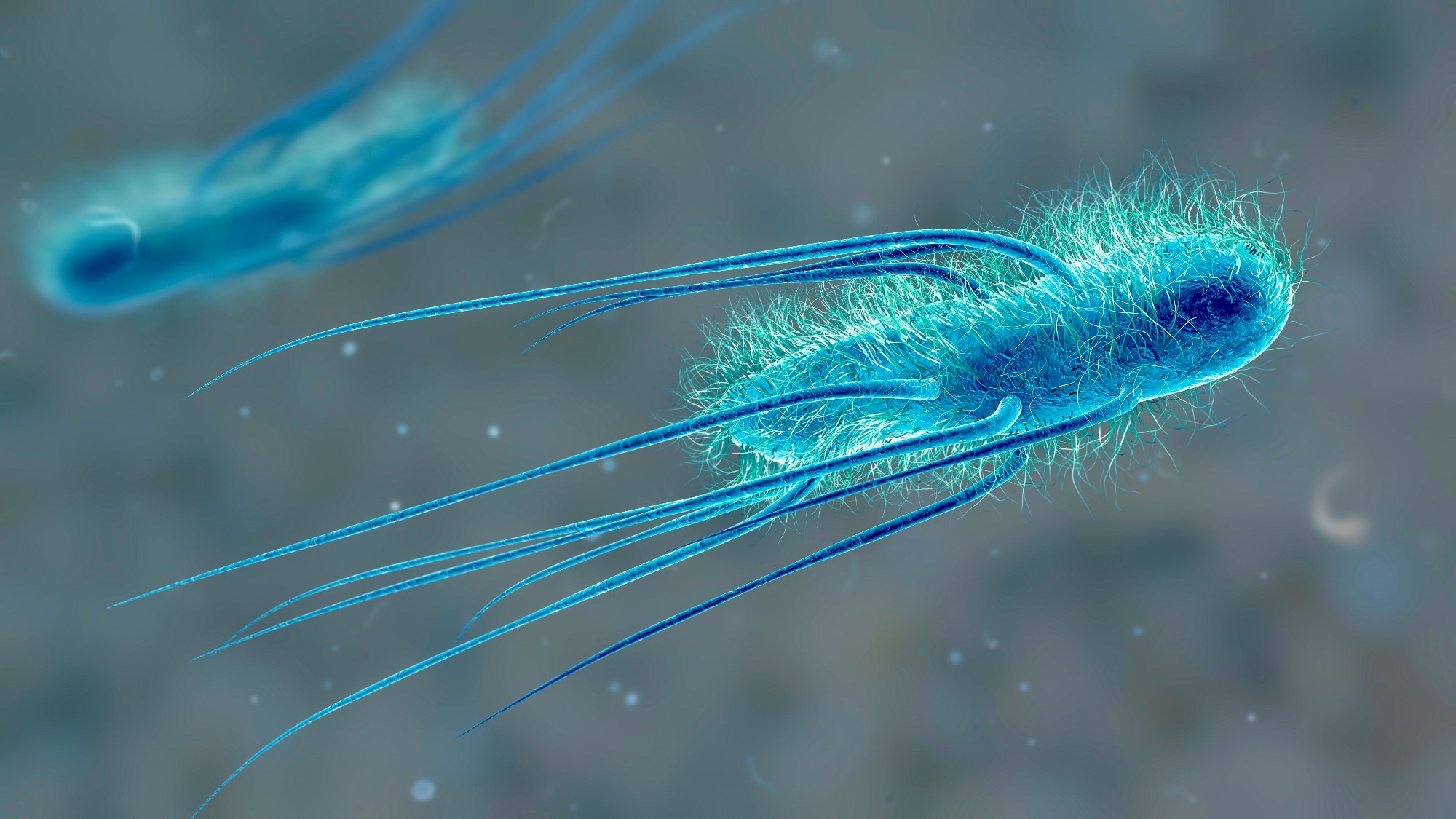






.jpeg)












 English (US) ·
English (US) ·